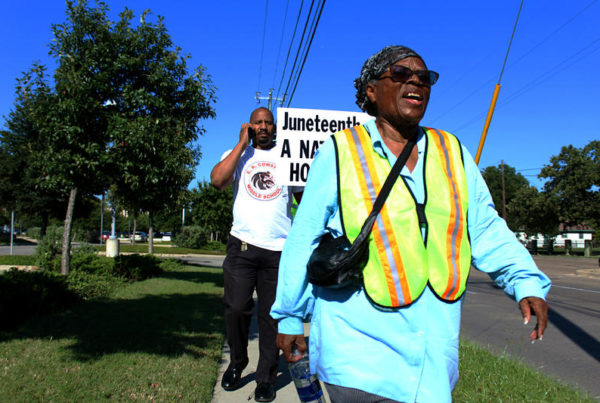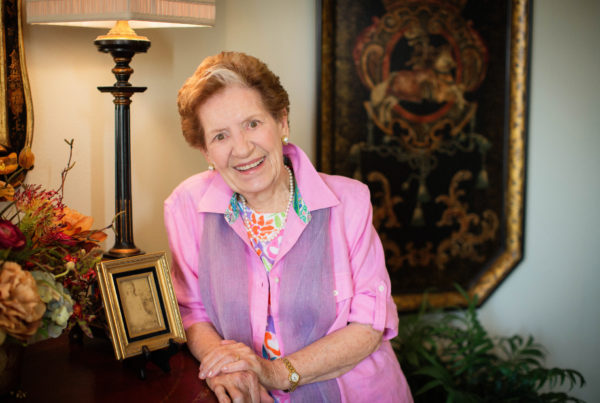Texas is the largest state for refugee resettlements. More than 6,700 arrived in the Lone Star State over the last year alone. A recent Lyceum poll indicates the majority of Texas are open to refugee resettlement within the state.
But the state threatened Wednesday to pull out of the U.S. Refugee Resettlement Program – unless the leaders of federal intelligence agencies promise to certify that each refugee sent to Texas does not pose a security threat. The state’s requested plan also calls for a cap on the number of refugees the state will resettle.
Texas refugee coordinator Kara Crawford wrote in a letter that the state would stop providing contractors with services on Jan. 31 if the federal government did not approve the request.
Chris Kelley, with Refugee Services of Texas, says if Texas does quit the program, there will be a change to services. One likely option is that a nonprofit model will take over. Although Kelley says he doesn’t know what that model will look like, one thing is for sure: refugees will still settle in Texas.
Organizations like Refugee Services of Texas, the state’s largest refugee aid group, would no longer work with organizations or individuals within the state government – instead, they would work directly with federal and national partners.
“That’s the disappointment, I suppose,” Kelley says. “We’ve got some incredibly devoted state employees, particularly in health and human services area. … An aspect of this potentially is the layoff of dozens of state employees who are just dedicated to refugees.”
Kelley says the timing is unfortunate.
“During national Welcoming Week, during the week when we have the U.N summit on refugees and migration, [and] the President holds the White House leadership summit in New York,” Kelley says, “it’s disappointing that the Texas governor decides that refugees through the state program aren’t what we want to do.”
Post by Beth Cortez-Neavel.
















